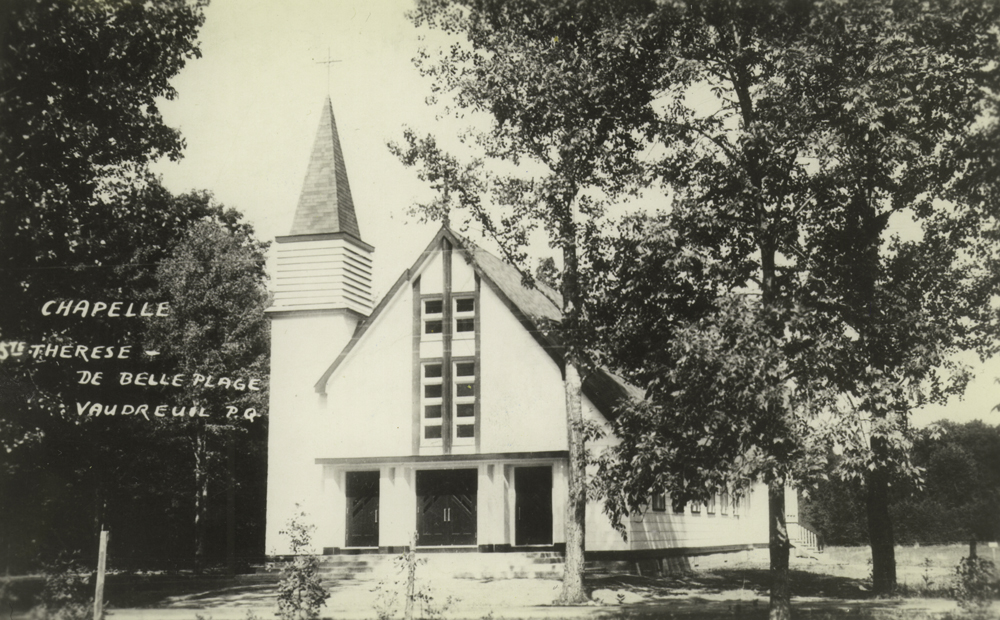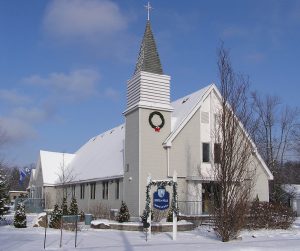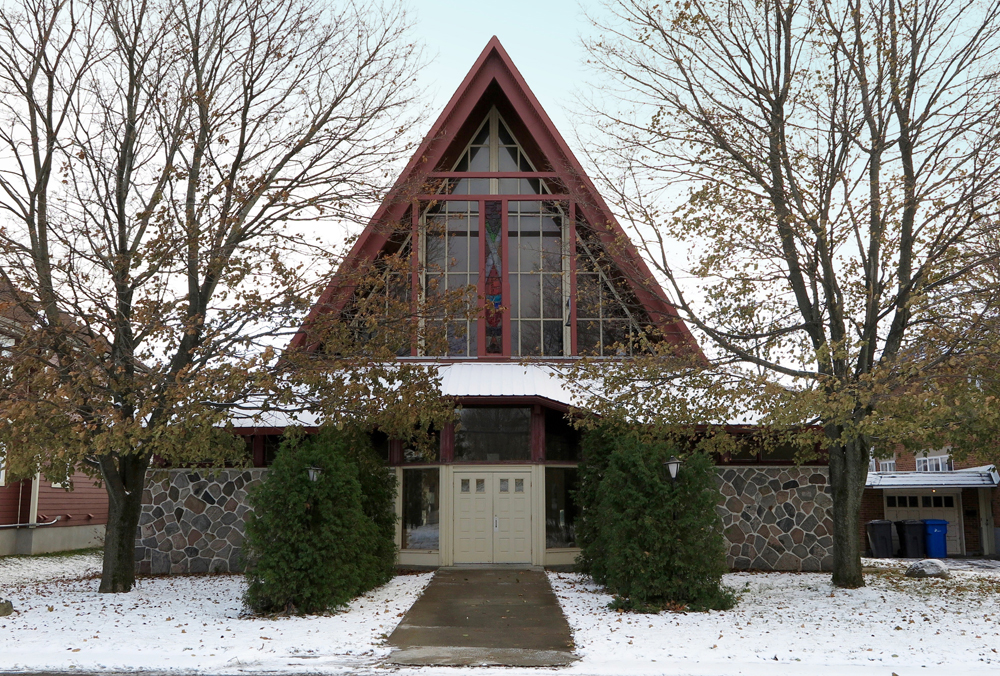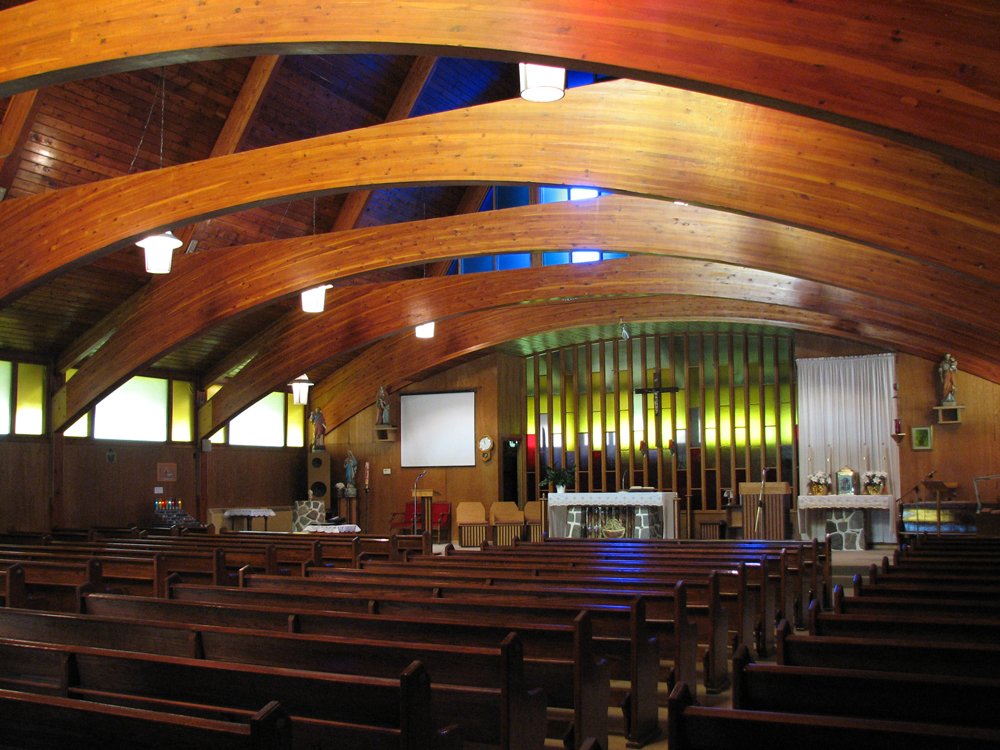Churches preserved to benefit the population
Churches bear a significant identity value for most local communities since they play such an important part in local and family histories. Beyond religious practice, the church symbolizes a collective memory that is of great heritage and historical importance.
Throughout the last centuries and until very recently, it was with great effort that the parishioners saw to the construction, decoration and maintenance of the church. This is why citizens are so affected when a church closure is announced.
With this in mind, many municipalities choose to purchase the building in order to conserve it within the community. Conversion projects tend to gravitate around community, social, cultural or even sports centers benefitting the population. These new mandates have the advantage of preserving the relationship between citizens and the building, as it remains a place to gather.
The conversion of a church is a long and complex process which requires time, willpower, and energy on many parts. It requires a wide range of expertise, a strong mobilization from the population and important financial resources. It is without a doubt a political and social choice.
If the private purchase of a church does not guarantee its permanent preservation, its purchase by the municipality seems, pehaps, a better long-term solution.





